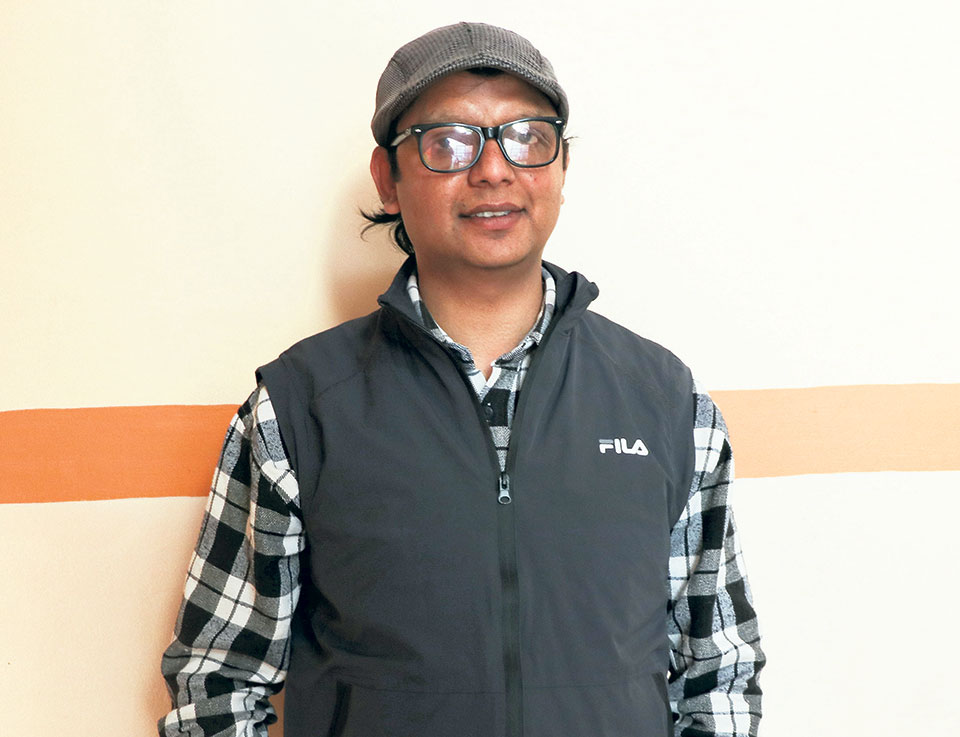Cham: The Dance Meditation (With Video)
5 years ago

5 years ago

5 years ago

5 years ago

5 years ago

5 years ago

Sujit Mainali is a reporter and fact checker at South Asia Check, an independent initiative run by Panos South Asia to promote transparency and accountability in politics and media through fact checking in Nepal.
Actively dedicated to the field of journalism for the past eight years now, he specializes in political, cultural and historical issues. He holds a master's degree in Sociology from Purbanchal University, and teaches graduate-level students at Madan Bhandari Memorial College in Kathmandu. He recently attended the 3rd International Fact Checking Summit held in Argentina.
In an interview with My City’s Sonam Lama, Mainali talked about his experience and challenges in the field of Journalism.
How do you find the recent trends of journalism?
Freedom of expression has highly been practiced, but the credibility of the flow of information is frequently challenged. Media has widely grown and with that growth the definition and authenticity of news have been affected. With online media mushrooming in Nepal, hardly have the public authorities been consulted or sensitized on the issues of fact-checking and maintaining transparency of the news.
What are the hurdles existing in the fact-checking process?
As a new concept introduced in Nepal for fact checking, South Asia Check faced numerous setbacks during the initial phase. We had efficiency and experience setting up the format, structure and regulation of the work, however, the challenge that has been slackening our pace is the lack of research and statistics that are an important tool to accompany the verification of fact. The authentic data source and reports issued by the state government and authoritative bodies are sparse, which not only hinders our work mechanism but also affects overall progress of the country.
How has the importance of fact checking increased since the inception of South Asia Check?
The main objective of fact checking is to prevent public opinion from being misled and the importance has been increasing as our leaders frequently make inaccurate statements and claims. The idea of introducing fact checking is also to sensitize people on making fake and irrelevant claims in public. With Nepal experiencing progressive political strata and amid expanding mediums of communication, the importance of fact checking is escalating. The prevalent practice of stating untruthful claims by public figures have been misleading public opinion. With such practices frequently occurring, there is an urgency to examine and correct facts before making it accessible to the general public.
How does the definition of fact checking in Nepal differ from that of other countries?
As a pioneer concept in Nepal, the first challenge for us was to sustain ourselves with a limited number of human resource. Though the idea of fact checking initially emerged in the West, we have so far been able to fairly abide by the principles. However, this unusual idea is yet to flourish in Nepal because when we look at the US and other developed countries, we see that they have regulated fact checking as an inseparable part of media and journalism. But it is hardly the case here.
What measures do you think can be adopted to encourage the practice of fact checking in Nepal?
As public figures highly affect the thoughts of a multitude, it is very important for the statements they make are factually correct. Attempts need to be made from both the public and the authorities to keep facts correct. Many countries place higher priority on fact checking and include it as a subject in the school and university curricula. I believe research works should be encouraged and the researchers should be given easy access to the statistics. Producing an effective human resource through different trainings can be a good contribution.
Leave A Comment